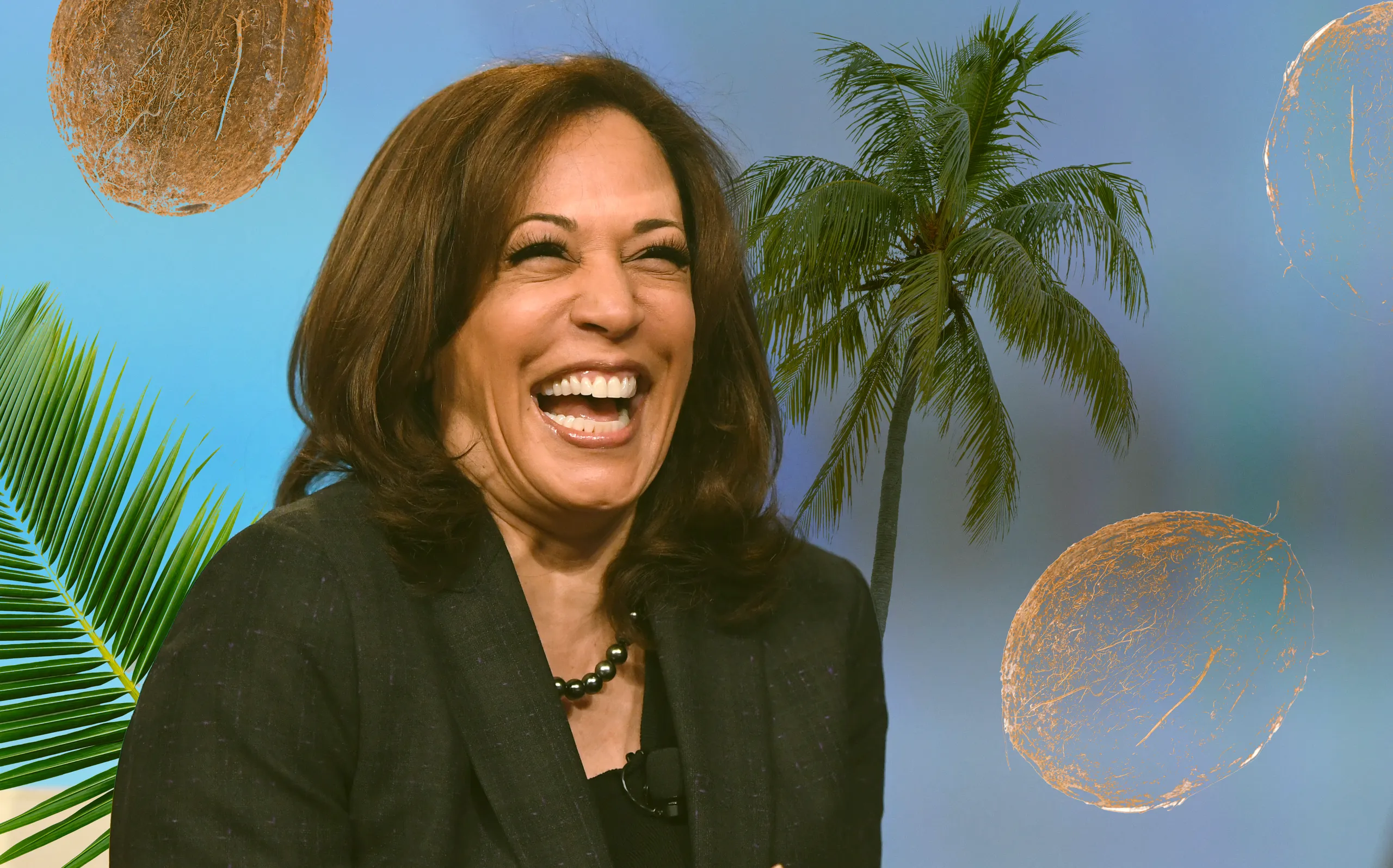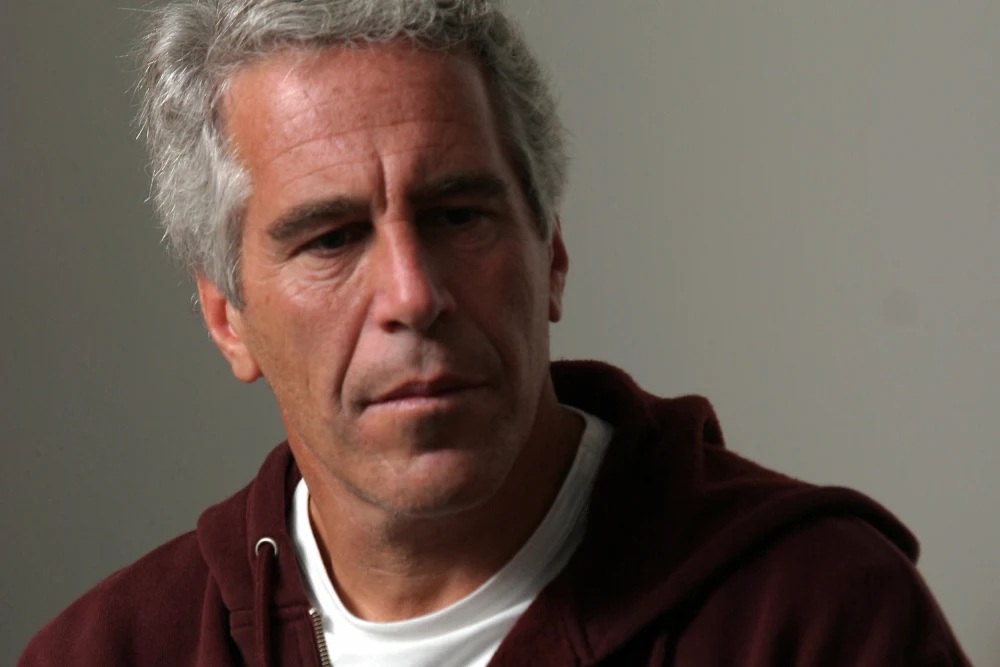
Since Kamala Harris took over the Democratic Party nomination, the presidential race against former President Donald Trump has become exciting again. While President Joe Biden suddenly disappeared from the stage, Harris is heading for a victory in some polls. The media circus has shifted its attention from Biden's incompetence to Harris's ‘competence’; who remains on honeymoon with the media. Can she beat Trump in the swing states?
By Joost Glas
Elections will be held in all 51 states. Is Harris popular enough to win from Trump and his Make America Great Again (MAGA) movement? To answer this, it is necessary to zoom in at the swing states.
First, let’s refresh the memory with a brief introduction to the US election system. In most states, the electorate is winner-takes-all. More significantly, and thus more importantly, the larger states have more electors than smaller ones. After all the results are counted in each state, a candidate needs more than 270 of those 538 electors to win and become president.
Swing or safe
There are so-called ‘safe states’ that always go to the Democratic or Republican party. Take California, for example. This is a ‘blue state’ and almost always belongs to the Democrats.
Paradoxal in this is that even though 54 electoral votes are to be won, there is hardly any campaigning in this state. The Republican and Democratic parties know that campaigning in this state is pointless because the result is already known.
It is an entirely different story in the swing states. Small vote margins characterise swing states, and other political parties win over time. Even though these are often the states with fewer electoral votes, presidential elections are decided in these states.
Some argue that there are now six swing states: three in the northern Rust Belt, Michigan (15), Pennsylvania (19), and Wisconsin (10), and three in the southern Sunbelt, Arizona (11), Nevada (6), and Georgia (16).
Without those six swing states, the Democrats would have 226 electors, while the Republicans would have 235 electors. This shows the importance of those swing states; Trump, for example, only needs two big swing states—Pennsylvania and Georgia—to be president.
To win these states, there is a team of political strategists at both the Republican and Democratic parties. They have much to say about how the presidential candidates go into the debate, how they put down the opponent, and even how much they spend for presidential campaigning per state.
The same political strategists have also decided that Harris does not attain difficult interviews and declined the traditional debate (early September) on Fox News. But on the 10th of September, they will go into a discussion in the most exciting and vital swing state—Pennsylvania.
A decisive moment in her young campaign that will essentially decide the outcome of the election. Analysts and commentators ask the question: why does she wait so long to debate her opponent?
This has undoubtedly to do with her honeymoon. Since she is the face of the Democratic party, everything falls and stands with performance. Maybe she is afraid to end her honeymoon with the media when going into a debate with Trump. Strategically, this could be a smart move or a blunder. It is evident that, from a historical perspective, this is inappropriate.
Vice-President
Political strategists also decide who becomes the vice president, not whether they are that important or massively influence the vote. Their main task is to replace the President when he stops breathing, and often, they have a high chance of running themselves after the sitting president's term ends.
Harris is on track to become president without participating in the primaries within the Democratic party. Her only accomplishment is being a vice president for the past four years. They often make it seem that they are best friends and united with the President, but this certainly does not have to be the case.
Take President Roosevelt, for example. He frequently argued with his vice president, John Nance Garner, who was more conservative and opposed the New Deal. They were a duo from 1933 until 1941. When Roosevelt ran for a third term in 1941, Garner ran against him and lost.
President John F. Kennedy and Vice-President Lyndon Johnson did not get along. JFK became president in 1961 and was shot in 1963. During his presidency, he told his wife: "Oh, God, can you ever imagine what would happen to the country if Lyndon was president? Johnson became president after John F. Kennedy was assassinated in 1963.
There are more good examples: President Dwight Eisenhower and Vice President Richard Nixon (1953-1961), President Richard Nixon and Vice President Spiro Agnew (1969-1973), and President Bill Clinton and Vice President Al Gore (1993-2001) all didn’t get along very well.
More recently, President Trump and Vice President Mike Pence have an open dispute (2016-2020). Pence was openly mildly critical of Trump after the January 6th Capitol storming: "Anyone who puts themselves over the constitution—or asks someone to do so—should never be president again."
Trump chose JD Vance—a self-called ‘never Trump-guy’—to become his running mate. The strategy behind this is that he is a very conservative forty-year-old guy. With these features, the Republicans can get more voters—especially the white working class—to the ballot box to get Trump into the White House. But also to show that there is a future for the MAGA movement because JD Vance is still very young.
Harris has picked Tim Walz as vice president. He is seen as a moderate, normal-man Democrat. Her political strategists think this will give Harris more votes from floating voters. Walz also got in the media recently by calling Trump, his team, and his ideas “weird,” a frame that the whole Democratic party now uses to label Democrats.
I think there’s more to it that can be called weird. Harris has been on a honeymoon with the media since the beginning of her takeover of the Democratic party. She has the brass neck cancel difficult interviews and postpones and cancels prominent TV debates with Trump.
Examining Harris's or her opponent's political strategy remains challenging. Imagine the electorate was aware of all the above and chose merely based on substance, policy, and future perspectives. Instead of being driven by political strategy, this would result in a democratic utopia. Unfortunately, such a utopia will never be experienced in the current status quo.
Joost Glas is a Dutch Political Science Student. He aspires to be active in journalism or policy making. He is fascinated by history, Dutch politics, and lingering international conflicts. This is his third contribution to The Liberum.





